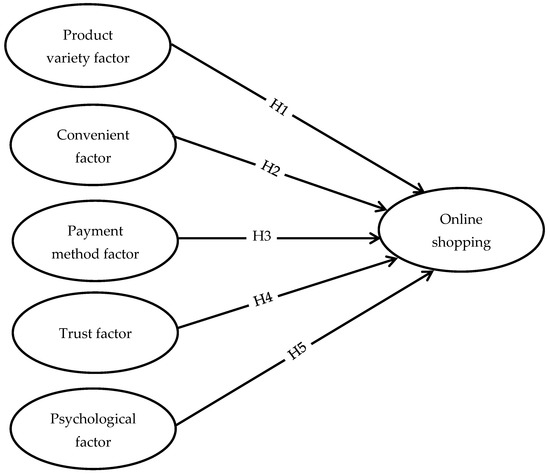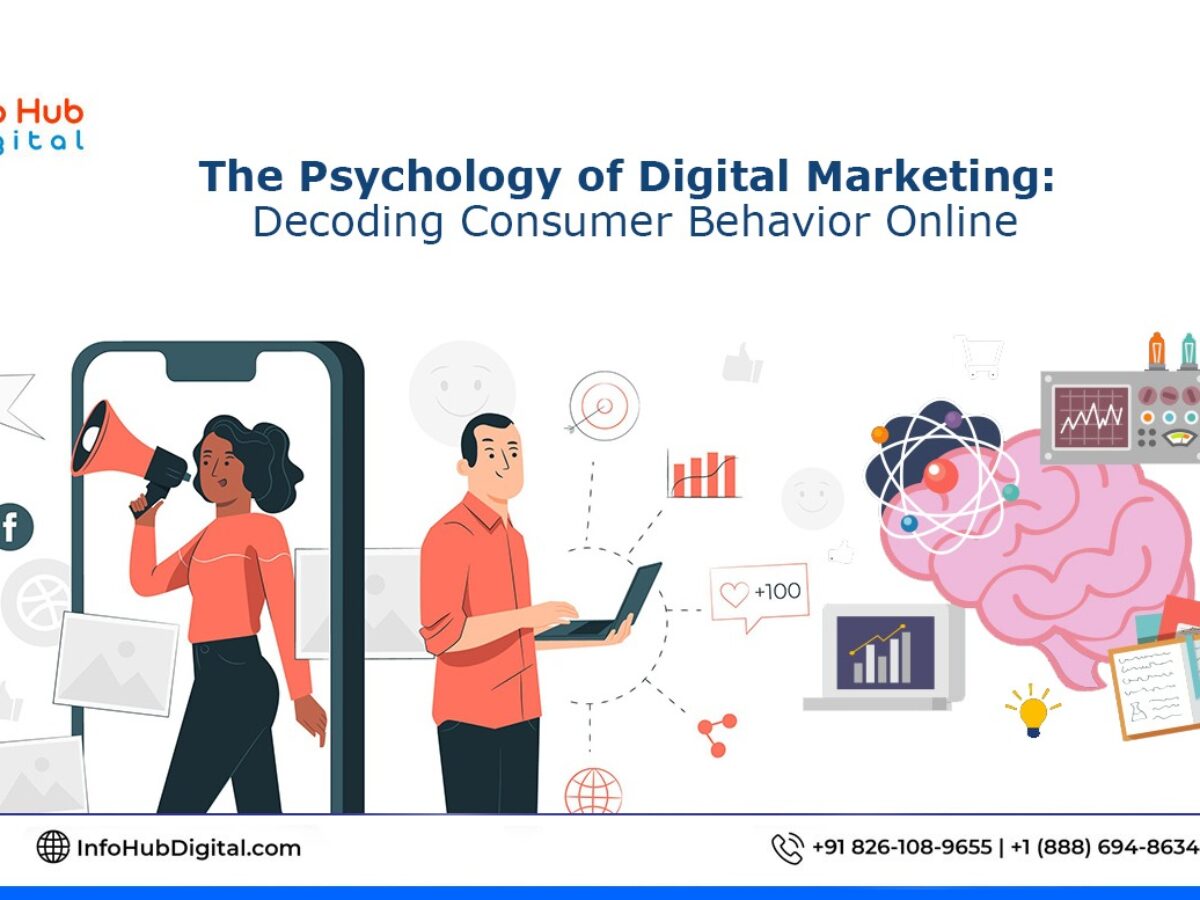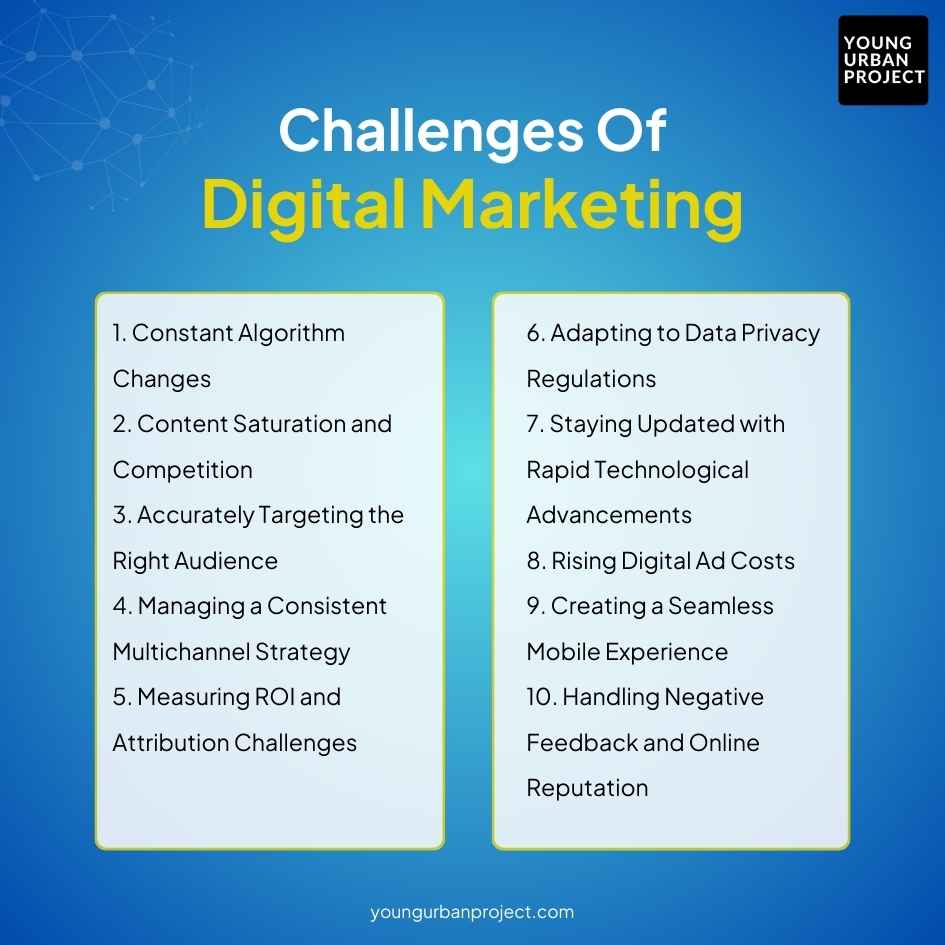
Introduction
Overview of Consumer Behavior Trends
Understanding consumer behavior is more crucial than ever in today’s fast-paced, digital-driven world. As people adapt to new technologies and social platforms, their purchasing habits evolve. For instance, consumers are increasingly favoring convenience and personalization in their shopping experiences. Recently, a survey indicated that:
- 60% of consumers prefer shopping online due to ease and accessibility.
- 75% of millennials trust product reviews as much as personal recommendations.
These trends not only reflect a global shift but also highlight the necessity for businesses to remain agile and responsive to these changes. Adapting to new consumer preferences can significantly enhance customer satisfaction and loyalty.
Significance of Consumer Behavior Analysis in Oman
In Oman, analyzing consumer behavior is particularly significant for several reasons. The Omani market is diversifying with increased internet penetration, leading to a burgeoning e-commerce sector. This demographic is not just tech-savvy but also culturally rich, making it essential for businesses to understand the local consumer’s unique preferences. Some key aspects include:
- Cultural Sensitivity: In Oman, cultural values deeply influence purchasing decisions. Understanding local customs can help brands tailor their marketing strategies effectively.
- Tech Adoption: Oman is witnessing rapid adoption of social media platforms, impacting how consumers gather information and make purchases. The strategic use of these platforms can create valuable engagement opportunities.
By analyzing consumer behavior, businesses in Oman can better anticipate market trends, improve their products, and deliver targeted marketing efforts. For example, local businesses may find success in offering personalized shopping experiences that resonate with Omani values and lifestyles. In conclusion, as the consumer landscape in Oman continues to evolve, businesses must prioritize understanding these behavior trends to remain competitive in an ever-changing market.

Understanding the Digital Market in Oman
E-commerce Growth in Oman
With the rise of digital technology, Oman is experiencing a remarkable transformation in its e-commerce landscape. Over the past few years, online shopping has gained immense popularity, significantly reshaping how consumers make purchases. According to recent reports, e-commerce in Oman has grown by:
- 40% annually, driven by increased internet access and smartphone usage.
- 50% of consumers engaging in online shopping at least once a month, with a notable preference for local brands.
An example that highlights this trend is the growing success of Omani e-commerce platforms that cater specifically to local needs and preferences. These platforms not only offer a wide range of products but also provide tailored services like at-home delivery. This shift is evident in how traditional retailers are adapting by developing robust online platforms to meet consumer demand.
Use of Social Media Platforms in Oman
Social media is an essential component of the digital landscape in Oman, acting as a bridge between brands and consumers. Local companies leverage platforms like Instagram, Facebook, and Snapchat to connect with audiences effectively. Consider these noteworthy points:
- Over 80% of Omanis use social media, with many actively participating in discussions about brands and products.
- Businesses often harness these channels for promotional campaigns, leading to higher engagement rates.
One personal anecdote illustrates this: A friend of mine started an online fashion boutique using Instagram. She not only showcased her products but also interacted with her audience through polls and Q&A sessions. This approach resulted in quick brand recognition and loyal customers. Moreover, social media platforms allow for targeted advertising, enabling brands to reach specific demographics based on interests and behaviors. Utilizing analytics from these platforms can provide valuable insights into consumer preferences, helping businesses adjust their strategies accordingly. The convergence of e-commerce growth and social media engagement presents a tremendous opportunity for both businesses and consumers in Oman, signaling a bright future for the digital market.

Factors Influencing Consumer Behavior in Oman
Cultural Influences on Purchasing Decisions
In Oman, cultural values play a significant role in shaping consumer behavior. The rich history and traditions of the Omani people greatly influence their purchasing decisions, making it essential for businesses to align their strategies with these cultural norms. For instance, communal values often drive consumers to make purchases that reflect their identity and heritage. Key cultural influences include:
- Traditional Values: Many Omanis prefer local products that uphold traditional craftsmanship, such as handmade crafts and garments.
- Family-Oriented Purchases: Decision-making often involves family input, with many consumers seeking products that benefit the entire family unit.
A personal story illustrates this point: An acquaintance of mine was set to buy a new car. Instead of rushing into a decision, he consulted his family, considering their opinions and preferences, which ultimately led him to choose a vehicle that was not only practical but also reflected their values and status.
Impact of Technology on Consumer Preferences
Alongside cultural considerations, technology is a substantial driving force influencing consumer preferences in Oman. With the growing adoption of smartphones and internet connectivity, shopping behaviors are evolving rapidly, creating an interconnected landscape of consumer choices. Key technological impacts include:
- Access to Information: Consumers can now research products thoroughly online before making a purchase, leading to more informed decisions.
- Convenience of Online Shopping: The ease of browsing from home and quick delivery options cater to the busy lifestyles of modern Omanis.
For example, when purchasing electronics, many Omanis now check online reviews and comparison sites to ensure they are getting the best value for their money. This reliance on digital information has made transparency in product offerings more critical than ever. In summary, the interplay of cultural influences and technological advancements shapes how consumers in Oman approach purchasing decisions. By understanding these factors, businesses can create tailored offerings that resonate with local consumers, fostering loyalty and enhancing customer experiences.

Online Shopping Trends in Oman
Shift towards Online Shopping
The retail landscape in Oman is undergoing a significant transition as more consumers embrace online shopping. This shift has accelerated rapidly, especially in light of recent global events that have compelled people to seek convenient alternatives for their purchases. Consider these points illustrating this trend:
- Increased Adoption: Reports indicate that over 70% of Omanis have tried online shopping at least once, with many returning for repeat purchases.
- Convenience Is Key: Consumers enjoy the flexibility of shopping at any time, with the added benefit of comparing prices without leaving their homes.
A friend of mine shared her experience of shopping for home essentials during the pandemic. She found herself relying on e-commerce platforms for everything, from groceries to home décor. This experience was enlightening—she realized that purchasing online saved her time and provided access to a wider range of products. As consumers recognize these advantages, it becomes clear that the shift towards online shopping is not just a temporary fad but a lasting change.

Consumer Preferences and Decision Making
Factors Influencing Product Choices
As Omanis continue to embrace online shopping, understanding the factors influencing their product choices has become essential for businesses aiming to thrive in this digital marketplace. Several elements come into play when consumers decide which products to purchase. Some key factors include:
- Product Quality: Omani consumers prioritize quality over quantity. They often seek items that not only meet their needs but also uphold a standard of excellence. This can be seen in the growing preference for locally made products that exhibit craftsmanship.
- Brand Reputation: Many Omanis prefer established brands that are synonymous with reliability. New businesses may face challenges if they cannot quickly establish credibility and trust.
- Price Sensitivity: While consumers desire quality, they are also keen on value for their money. Competitive pricing often influences purchasing decisions, especially in a market flooded with options.
One example comes from my own shopping habits. When searching for a new smartphone, I compared various models based on features, quality ratings, and price. My final choice was heavily influenced by a well-known brand's reputation and a promotional discount.
Importance of Customer Reviews
In the age of digital shopping, customer reviews play a pivotal role in shaping consumer preferences and decision-making. They provide social proof that can heavily impact a potential buyer's confidence in a product. Key points to consider include:
- Transparency: Consumers appreciate honest feedback from fellow shoppers. Reviews that highlight both the pros and cons of products help buyers make informed choices.
- Trust Factor: A significant percentage of Omanis rely on customer ratings before purchasing. In fact, studies suggest that 80% of consumers trust online reviews as much as personal recommendations.
For instance, while browsing for shoes online, I found two similar pairs. The first had mediocre reviews, while the second received rave feedback regarding comfort and durability. I opted for the latter, and it proved to be a wise decision. In summary, understanding the factors influencing product choices and the importance of customer reviews are crucial for businesses that wish to attract and retain Omani consumers in the ever-evolving digital market. By focusing on quality, reputation, and transparency, brands can effectively navigate the landscape and meet consumer expectations.

Digital Marketing Strategies in Oman
Personalized Marketing Approaches
In the competitive digital landscape of Oman, personalized marketing strategies have become increasingly vital for businesses seeking to connect with consumers effectively. Tailoring marketing messages to individual preferences significantly enhances customer engagement and drives conversion rates. Here are some effective approaches to personalized marketing:
- Data-Driven Insights: By analyzing consumer behavior and purchasing history, businesses can create targeted campaigns that resonate with specific audiences. For instance, a local online clothing store might use data to suggest items based on a customer’s previous purchases.
- Email Marketing: Personalized emails can go a long way in nurturing customer relationships. When a customer receives an email that addresses their previous interests or offers exclusive discounts, it creates a sense of connection and loyalty. I remember receiving a personalized coupon from a brand I frequently purchased from, which prompted me to make my next purchase.
- Dynamic Website Content: For example, e-commerce sites can display tailored recommendations on their homepage based on users’ browsing history, making the shopping experience more relevant and convenient.
Leveraging Social Media for Brand Promotion
Social media platforms are a powerful tool for brand promotion in Oman and offer unique opportunities to engage with customers directly. As the popularity of platforms such as Instagram, Facebook, and Snapchat continues to grow, businesses must harness their potential to build brand awareness. Consider the following strategies for effective social media marketing:
- Engaging Content: Sharing visually appealing content, including videos, infographics, and user-generated photos can capture the audience's attention. Brands that showcase their products creatively often find success in social shares and interactions.
- Influencer Marketing: Collaborating with local influencers allows brands to reach a wider audience authentically. For instance, a beauty brand might partner with a popular Omani beauty influencer to demonstrate products, leading to increased visibility and credibility.
- Interactive Campaigns: Running contests or interactive polls on social media encourages customer engagement and fosters a sense of community. A recent contest I entered required sharing my favorite product, which not only made me feel involved but also introduced me to new friends who shared my interests.
In conclusion, leveraging personalized marketing approaches and social media strategies enables businesses in Oman to create meaningful connections with consumers. By focusing on establishing strong customer relationships and promoting brand visibility, companies can thrive in the digital marketplace.

Challenges and Opportunities in the Digital Market
Regulatory Challenges
Navigating the digital market in Oman comes with its own set of regulatory challenges that can create hurdles for businesses. As the e-commerce landscape evolves, so does the regulatory framework designed to govern it. Some notable regulatory challenges include:
- Compliance with Local Laws: Ensuring that online transactions align with Omani laws regarding consumer protection and data privacy can be complex and demanding. Businesses must be vigilant and informed to avoid penalties.
- Taxation Issues: The implementation of digital sales tax can impact pricing strategies and overall profitability for e-commerce businesses. Many local companies are working to understand how tax regulations will affect their operations.
- Cross-Border Regulations: For businesses that source products internationally, understanding customs regulations and import/export duties is critical. A friend of mine faced delays in shipments due to miscalculations concerning import costs, highlighting the significance of staying informed.
Despite these challenges, businesses that prioritize compliance and stay updated on regulatory changes can mitigate risks and foster trust within the market.
Emerging Trends and Opportunities
While challenges exist, they often pave the way for emerging trends that present exciting opportunities for growth in Oman's digital market. Recognizing and capitalizing on these trends can lead to innovative strategies that set businesses apart. Some key emerging trends include:
- Sustainability Initiatives: Consumers are increasingly looking for eco-friendly products. Companies that adopt sustainable practices can tap into this growing demand, showcasing commitment to the environment while attracting conscientious shoppers.
- Mobile Commerce Growth: With rising smartphone usage, mobile shopping is on the rise. Brands that optimize their websites for mobile and develop apps are likely to see increased traffic and sales.
- Augmented Reality (AR) Experiences: Businesses can leverage AR technology to provide immersive shopping experiences. For example, a furniture store might allow customers to visualize how a piece of furniture would look in their home via an app.
In conclusion, while regulatory challenges pose obstacles in Oman's digital market, they also highlight opportunities for businesses that are willing to adapt and innovate. By staying informed and aligning strategies with emerging trends, companies can carve out successful paths in the ever-evolving landscape of digital commerce.

Future Projections and Recommendations
Predictions for Consumer Behavior in Oman
As the digital landscape in Oman continues to evolve, future projections for consumer behavior are becoming increasingly important for businesses looking to succeed. Several trends are expected to shape the way Omani consumers interact with brands and make purchasing decisions in the coming years. Some key predictions include:
- Increased Emphasis on Personalization: As consumers become accustomed to tailored experiences, businesses will need to enhance their personalization efforts. Expect consumers to seek out brands that understand their unique preferences and deliver customized recommendations.
- Sustainability as a Priority: The focus on sustainability will only intensify. Omani consumers will likely favor brands that demonstrate social responsibility, emphasizing ethical sourcing and environmentally friendly practices.
- Growing Influence of Technology: The integration of advanced technologies, such as artificial intelligence and machine learning, will further empower consumers. Personalized advertising and smart shopping assistants could become commonplace, changing how purchases are made.
From my own experience, I’ve noticed that I’m increasingly driven by brands that share my values, especially around sustainability. This shift highlights how future consumers will likely prioritize ethics in their choices.
Strategies for Businesses to Adapt to Changing Trends
To successfully navigate this evolving landscape, businesses must adopt strategies that align with emerging consumer behaviors:
- Invest in Data Analytics: Harnessing customer data to drive decision-making will be crucial. Businesses should analyze purchasing patterns and preferences to inform their marketing strategies and improve product offerings.
- Embrace Omnichannel Approaches: Creating a seamless shopping experience across online and offline channels can cater to diverse consumer preferences. Integrating physical stores with e-commerce platforms helps meet the needs of customers who appreciate multiple shopping options.
- Build Authentic Connections: Brands should focus on building meaningful relationships with their audience. Engaging with customers through social media, soliciting feedback, and showcasing user-generated content can foster loyalty and trust.
In conclusion, understanding future projections for consumer behavior and adapting accordingly will be essential for businesses looking to thrive in Oman’s digital market. By prioritizing personalization, sustainability, and technology integration, companies can position themselves as leaders in a rapidly changing environment.



0 Comments